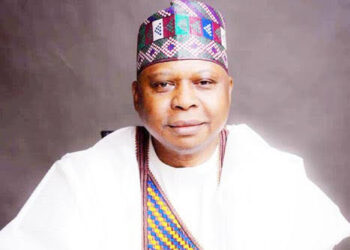A video shared online exposes the discriminatory entry policy of an Abuja-based Chinese supermarket, raising eyebrows and sparking public outrage.
Disgruntled residents express disbelief and frustration at being denied entry into the supermarket solely based on their Nigerian identity, questioning the fairness and legality of such a policy.
Security personnel at the supermarket gate confirm the enforcement of the exclusionary directive, revealing that it was instated by the management without providing any explanation.
Efforts to obtain an official explanation from the management are met with resistance, as both security officers and staff refuse to divulge contact information, citing fear of reprimand.
Amidst growing public outcry, authorities are urged to investigate the discriminatory practices of the Chinese supermarket, promising to address the issue and uphold consumer rights.
Despite the mounting controversy, uncertainty shrouds the reasons behind the discriminatory policy, leaving Nigerians perplexed and disillusioned.
As the saga unfolds, assurances are made by regulatory bodies to hold the supermarket management accountable and ensure that such discriminatory practices are not tolerated.
Calls for transparency echo across social media platforms, as Nigerians demand clarity and accountability from both the supermarket management and relevant authorities.
In the midst of the controversy, the importance of upholding consumer rights and combating discrimination in all forms is underscored, highlighting the need for decisive action.
With investigations underway and public scrutiny intensifying, the spotlight remains on the Chinese supermarket as Nigerians await a resolution to the unfolding saga.











